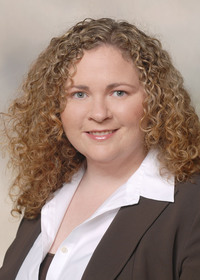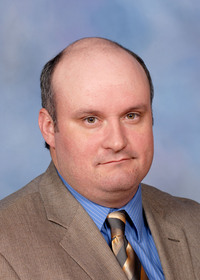Information Possibly Outdated
The information presented on this page was originally released on September 8, 2005. It may not be outdated, but please search our site for more current information. If you plan to quote or reference this information in a publication, please check with the Extension specialist or author before proceeding.
Fires could add to Katrina misery
MISSISSIPPI STATE -- Residents across Katrina-damaged areas are being discouraged from burning debris left in the hurricane's path.
Glenn Hughes, a forestry professor with Mississippi State University's Extension Service and a resident of Hattiesburg, said Mississippi residents should delay brush fires until conditions improve in the disaster area.
"The risk of a wildfire is just too great for any burning right now. We need to wait until the state is further along in the recovery process so that if a problem arises -- like a fire gets out of hand -- we will have the resources to respond quickly," Hughes said. "Neighbors, volunteer fire fighters and employees of the Mississippi Forestry Commission are responding to the disaster right now. No one needs the added challenge of a wildfire, especially in this heat."
Hughes said the large amounts of debris on the ground, in addition to the lack of any rainfall since Katrina, have created a dangerous situation. Smaller limbs, leaves and pine straw are drying out quickly and will blaze up faster and hotter than most people may realize.
"Pine needles constitute 'fine fuel' and have chemicals that will almost explode when exposed to fire," he said. "The Forestry Commission is already having to respond to fires, and they cannot attack them like they would normally."
Andy Londo, an Extension forester, said several state laws address wildfire issues, and the Mississippi Forestry Commission is charged with punishing those who violate burning laws.
Londo has taught a course at MSU that allows forestry and wildlife students to become certified in conducting prescribed burns, which may reduce wildfire hazards, improve wildlife habitats and help prepare sites for future plantings. He said the Mississippi Prescribed Burning Act of 1993 outlines four steps that must be taken when planning a burn. "First, a certified prescribed burn manager must be on-site during the burn. Second, you must have a prescribed burning plan notarized at least one day before the burn," he explained. "On the day of the burn, you must obtain a permit from the Forestry Commission, which will take into account weather conditions on that day."
Finally, the prescribed burn must be in the public's interest. None of these conditions exist now in the wake of Katrina. Following these guidelines can ease liability issues if something does go wrong and the burn gets out of control.
"There are two levels of liability: simple negligence and gross negligence. Simple negligence means you have taken every precaution you can but something still goes wrong. The penalty for simple negligence is paying actual damages -- such as reimbursing a neighbor for their tool shed that was burned -- plus a fine of up to $150," Londo explained.
Gross negligence, however, means a person failed to follow the recommended guidelines or violated a burn ban. The penalty for gross negligence is reimbursement for actual damages, up to a $500 fine and up to three months in the county jail.
"The level of negligence is based upon a jury's decision," Londo said.
A person convicted of forest arson could face up to two years in prison and a $1,000 fine.
Whether intentional or not, the person responsible for starting a fire will also be liable to the injured person for any destroyed buildings, fences, trees, timber and grass, as well as for damage to pastures.





